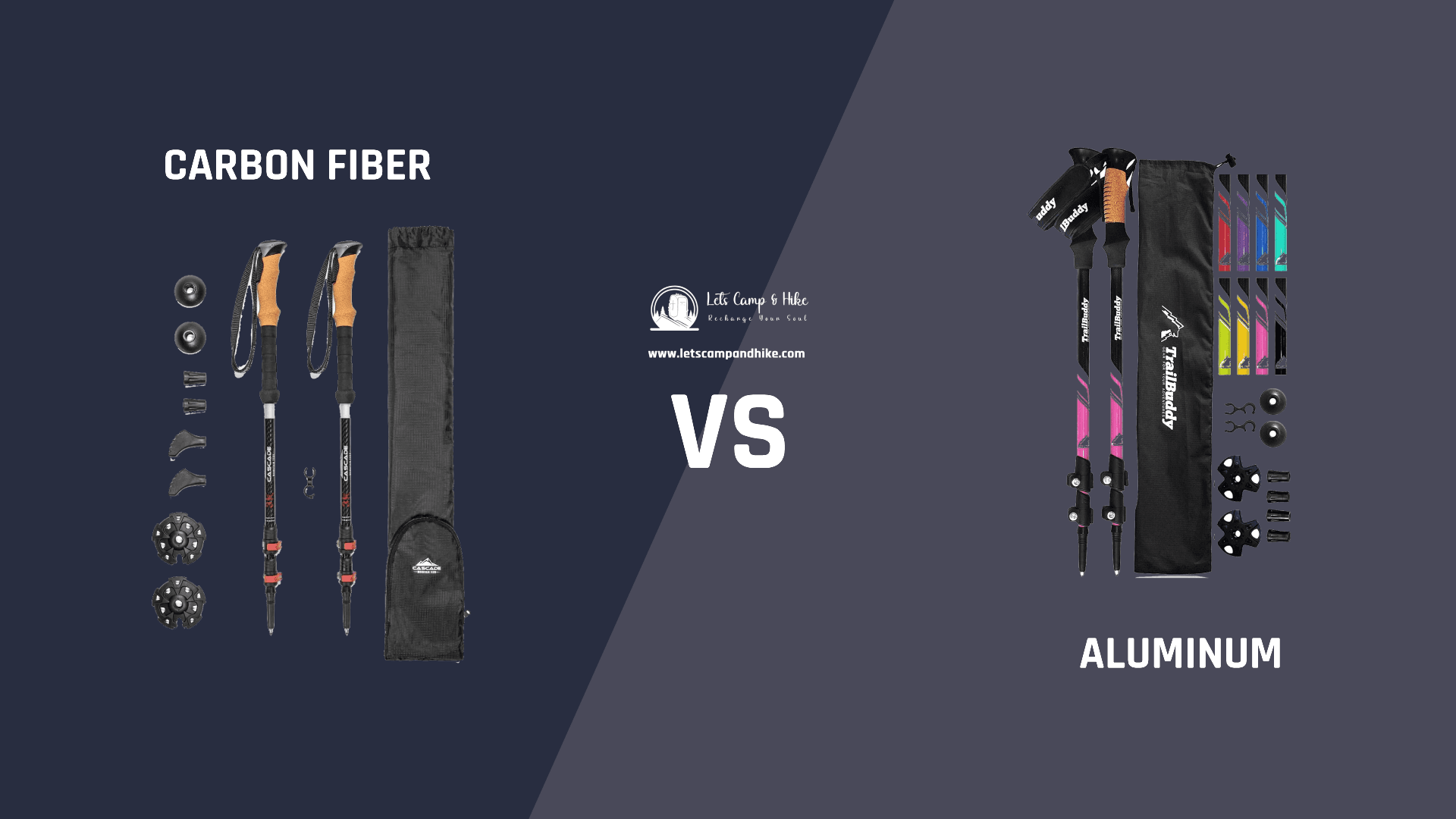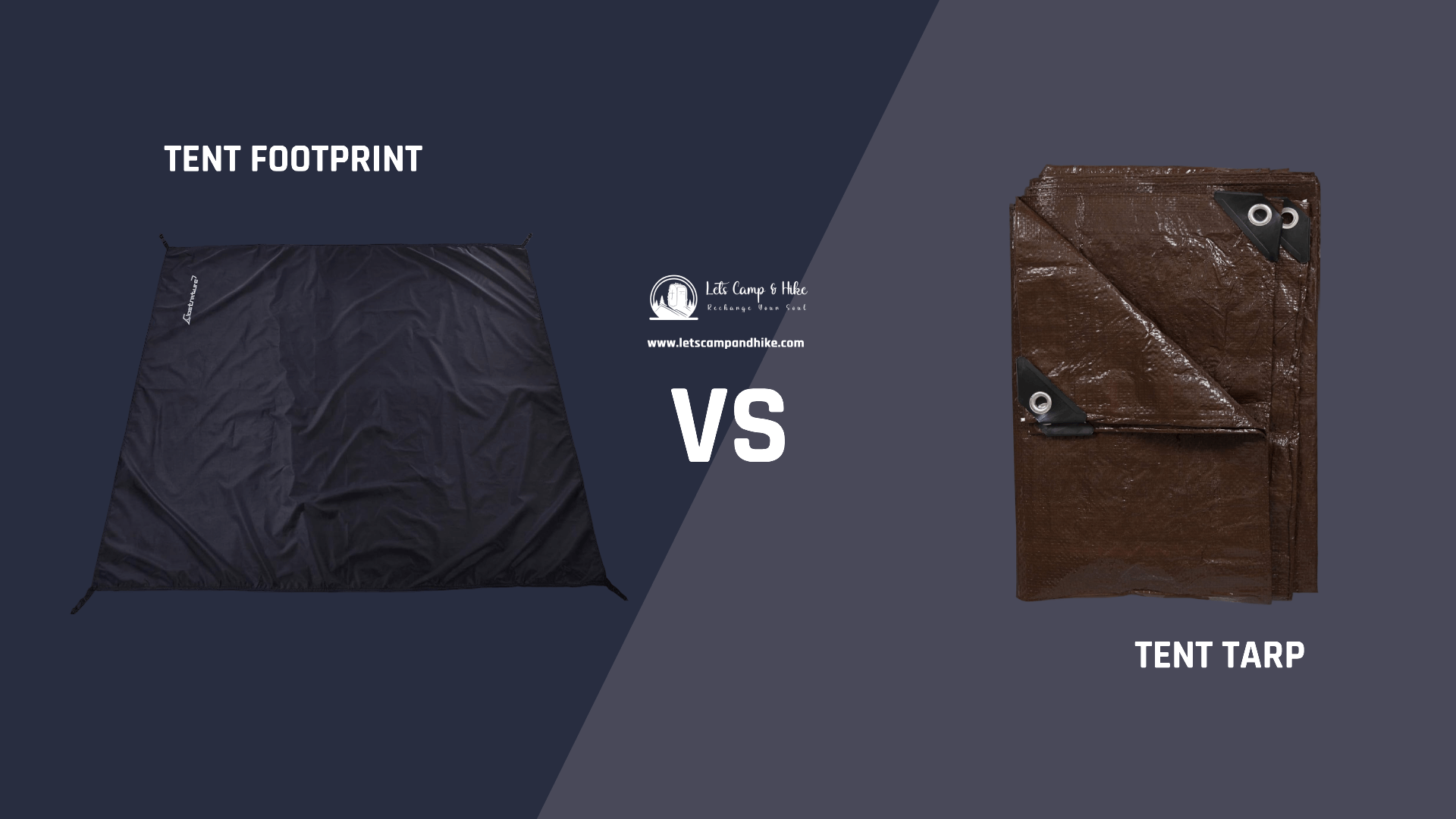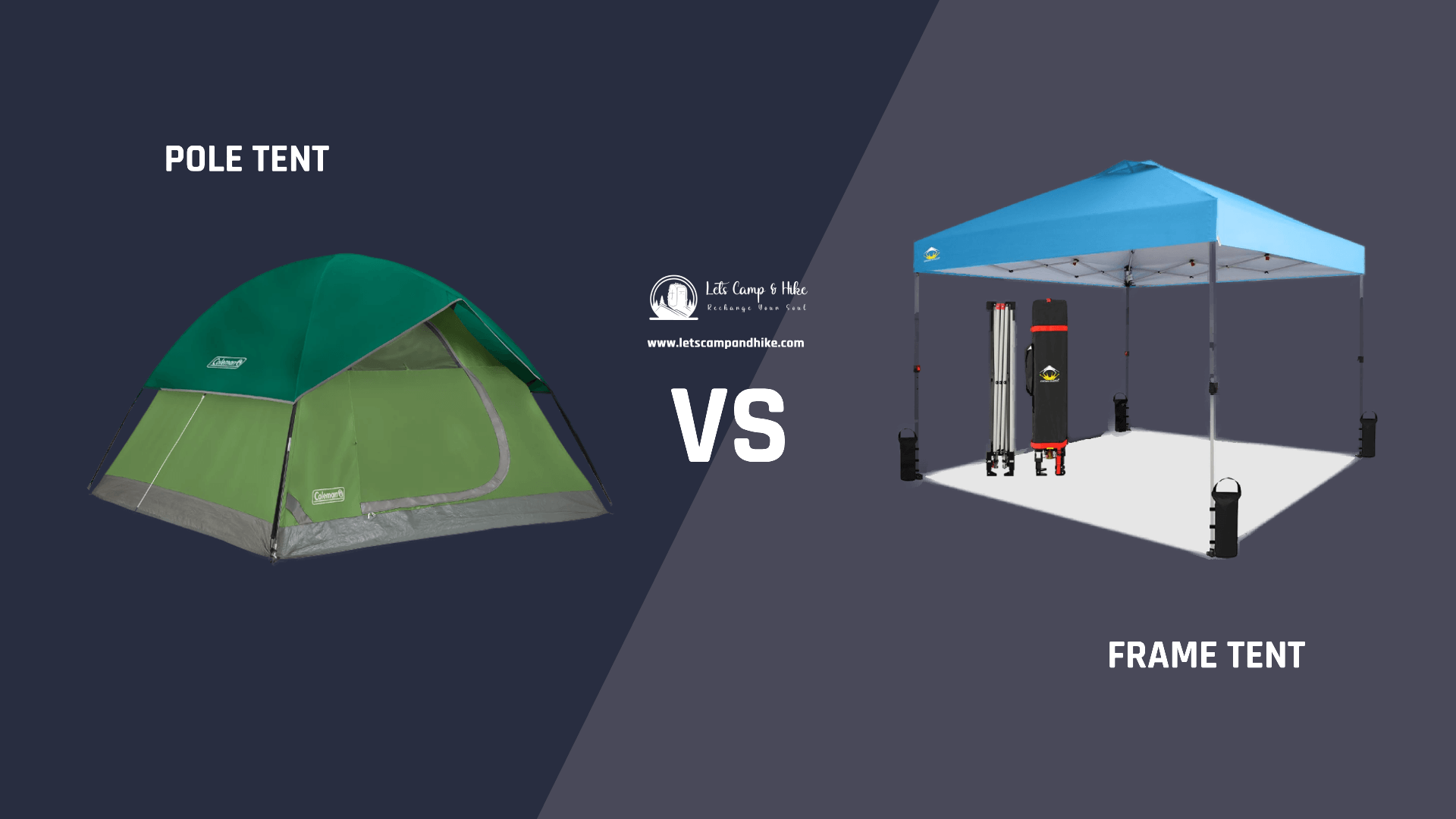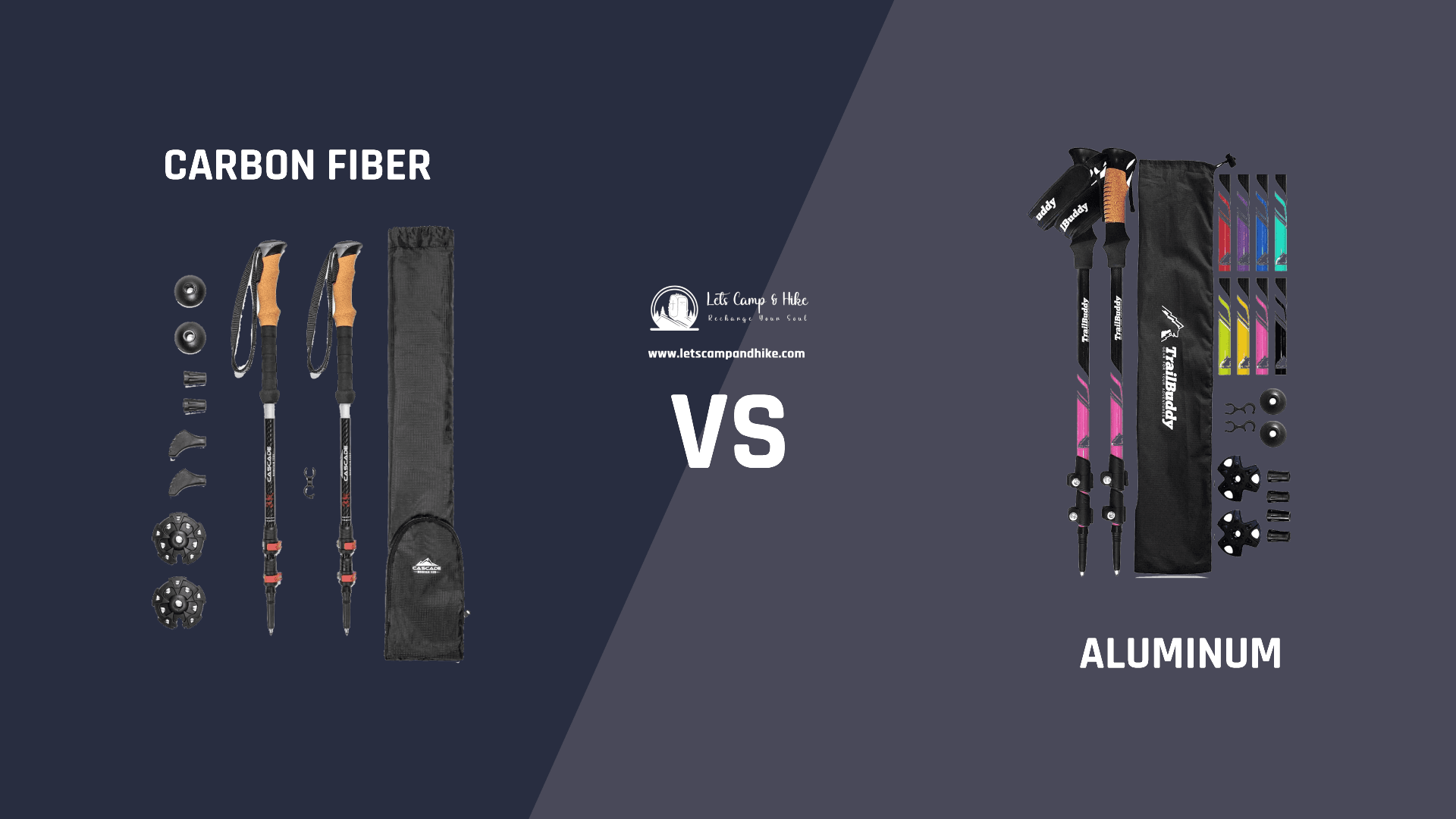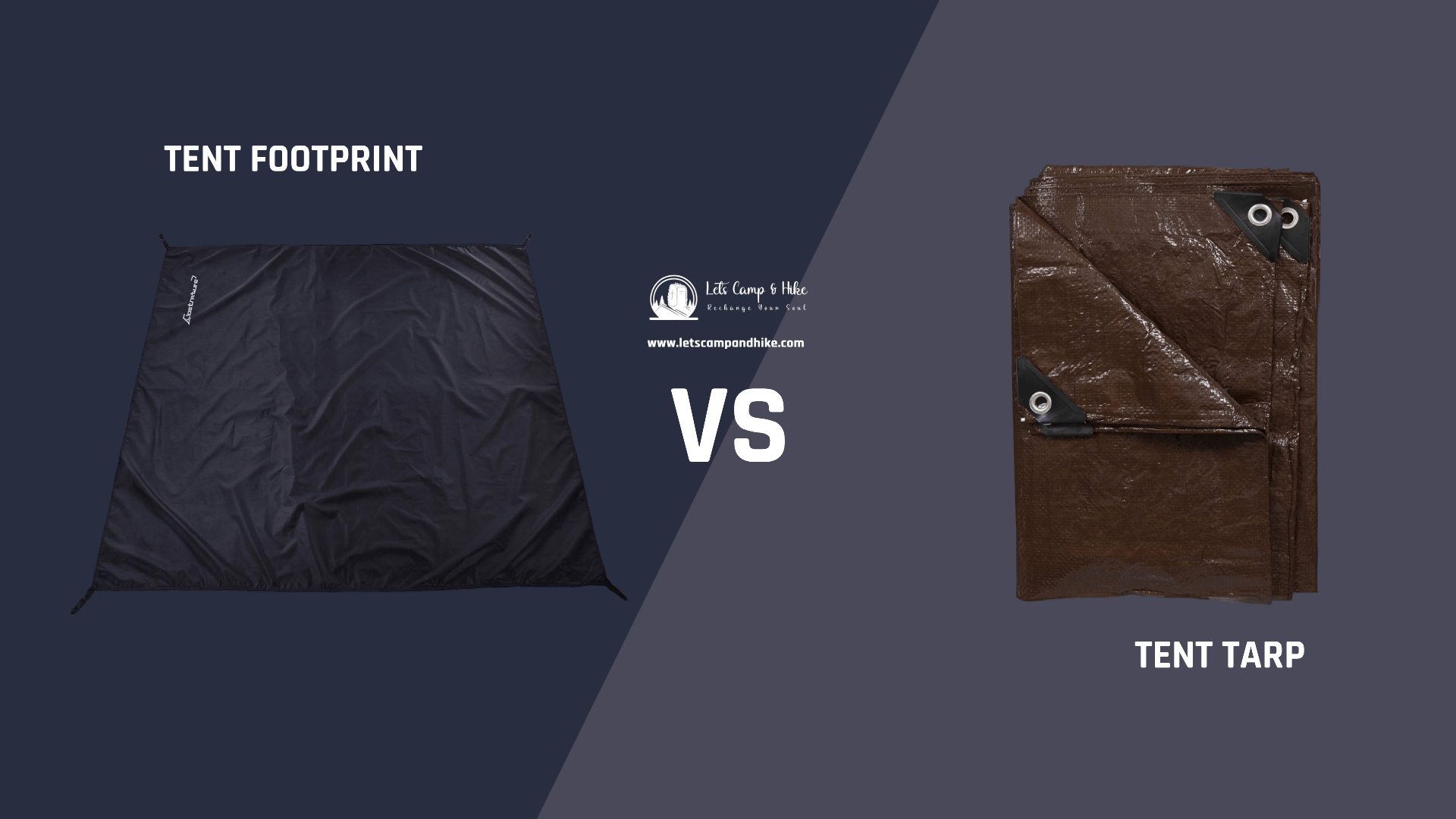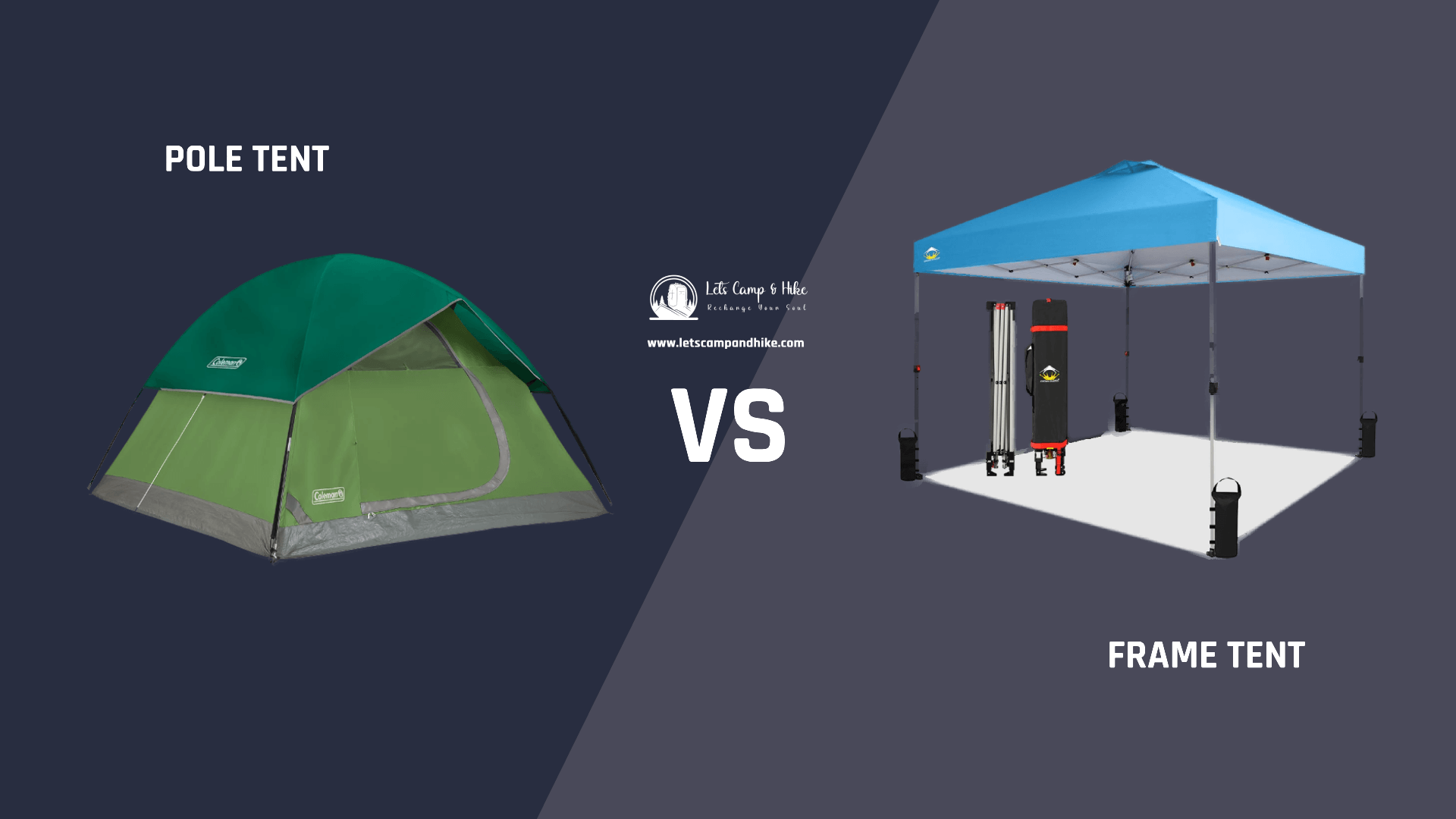Sustainable camping, often known as eco-friendly camping, emphasizes waste reduction and the preservation of natural resources. It relates to the “Leave No Trace” tenets, which provide guests with a foundation for minimizing environmental effects.

Beyond a fad, eco-friendly camping is a deliberate decision that allows you to enjoy the outdoors with the most negligible environmental impact. Nothing compares to setting up your tent among soaring pine trees, filling your water bottle in a glistening lake, and drifting off to sleep beneath the stars.
Why Eco-Camping Important?
In the camping world eco-friendly camping can achieve quality ecosystems, less waste, and the protection of natural resources. Adopting eco-friendly habits makes you a protector of the environment and wildlife. Therefore, remember the Leave No Trace philosophy before embarking on your next camping trip to ensure you leave footprints and memories behind.
Importance of eco-camping
- Reduce Your Impact: I strongly advise everyone to go camping since it’s a great activity. However, we must camp sustainably to do this. For many years to come, we hope to preserve and maintain these natural areas. We adopt certain behaviors when eco-camping that reduce our environmental effects. Our goal is to leave no trace or even better than when we arrived.
- Encourage Environmental Conservation: Some environmentalists believe individuals shouldn’t spend time in nature. They contend that the most remarkable approach to make no difference is not even to appear.
Although there is undoubtedly some validity, we miss out on a fantastic chance if we ignore entirely untamed areas. Spending time in the woods improves physical and mental wellness and aids in environmental protection.
You would join the campaign to raise awareness and advance the notion of protecting the environment, just as others do now. The sooner the outcome becomes apparent, the more individuals contribute.
- Green taxes: Most governments now provide tax exemptions and incentives to help people reach their desired environmental friendliness level to motivate them to live more sustainably. These tax benefits are available for various renewable energy items, including solar panels.
- Cutting costs: Although adopting eco-friendly practices won’t be inexpensive initially, they will be far more economical in the long term. Eschewing the use of disposable materials like plastic and paper in favor of digital solutions that eliminate the need for paper, or biodegradable bags and bottles that replace plastic in place of plastic, will have a significant impact, much like buying an electric car and saving on gas.
- Diminish Greenhouse Gases: One advantage of camping that needs to be discussed is that it has fewer emissions than other types of travel. Vacations are great, especially for learning new things, de-stressing, and enhancing mental health. However, trips that entail road trips or short- or long-haul flights produce a lot of greenhouse gas emissions.
Some Tips For Eco-Friendly Camping
Making thoughtful decisions and doing activities that benefit the environment are necessary to complete your camping experience more environmentally friendly.
- Choose an environmentally friendly campsite: Search for campsites with integrated sustainable practices to reduce their environmental influence. Please consider camps that demonstrate their dedication to sustainability by providing recycling facilities and solar-powered amenities.

- Selection of camping gear: When choosing your camping equipment, choose eco-friendly products like warmers, reusable water bottles, and biodegradable soaps to save waste and promote sustainability.
- Reducing your environmental impact: Following the seven “Leave No Trace” principles can help minimize your ecological impact when camping. These principles include:
- Plan and Be Prepared to reduce impact and guarantee safety; thoroughly plan and study your trip.
- Travel and Camp on Durable Surfaces to prevent causing harm to delicate places, and stay on designated paths and campgrounds.
- Handle waste properly to keep the environment tidy, remove all rubbish, and dispose of human waste appropriately.
- Don’t Take What You Find; preserve cultural and natural elements without altering or removing anything.
- Reduce Campfire Impact to avoid causing harm to the surrounding area, use pre-existing fire rings, and maintain modest flames.
- Respect Wildlife. Keep a safe distance from animals and refrain from giving them food to avoid upsetting their everyday routines.
- Be Mindful of Other Visitors to promote a pleasant and courteous outdoor experience, keep noise levels down, and provide others access to the route
Green camping It’s about being mindful of the environment, leaving no trace, shopping wisely, and sharing the word.
Keep up with Let’s Camp & Hike to learn more about camping and hiking tips and tricks.










